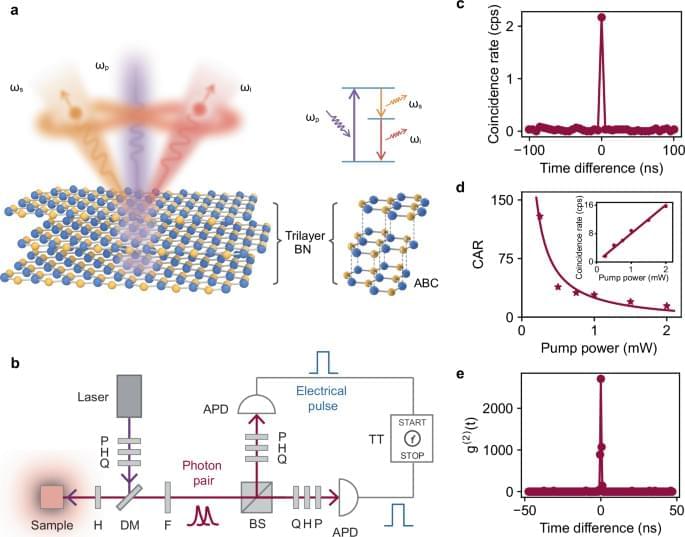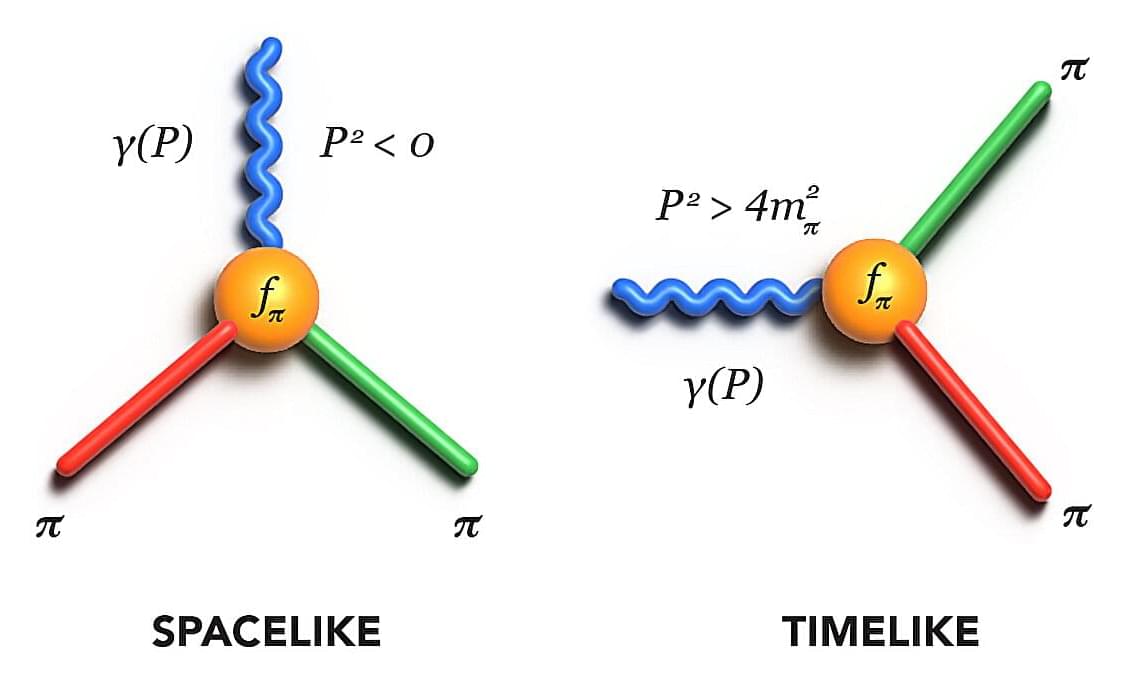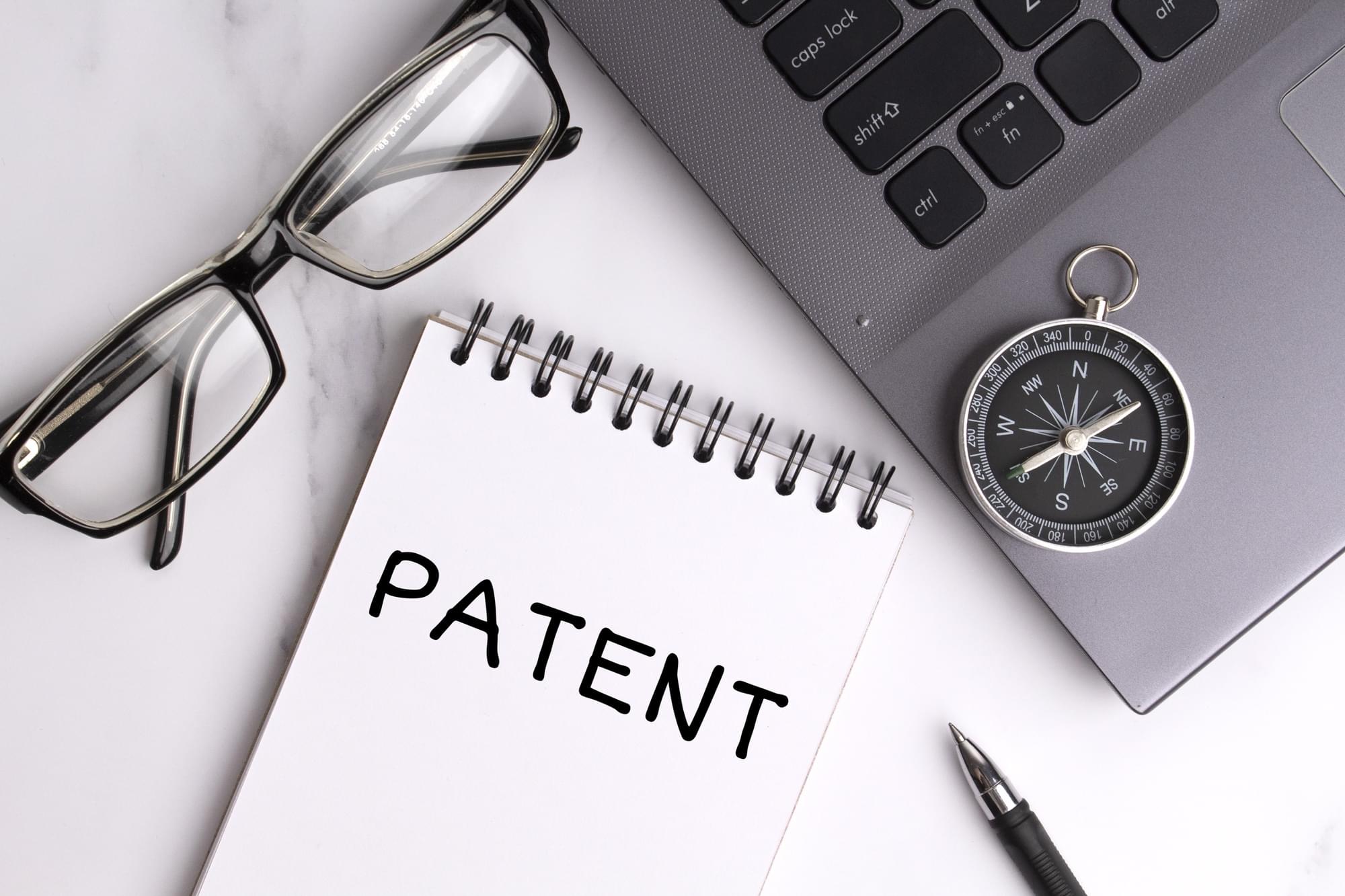In the late 1960s, physicists like Charles Misner proposed that the regions surrounding singularities—points of infinite density at the centers of black holes—might exhibit chaotic behavior, with space and time undergoing erratic contractions and expansions. This concept, termed the “Mixmaster universe,” suggested that an astronaut venturing into such a black hole would experience a tumultuous mixing of their body parts, akin to the action of a kitchen mixer.
S general theory of relativity, which describes the gravitational dynamics of black holes, employs complex mathematical formulations that intertwine multiple equations. Historically, researchers like Misner introduced simplifying assumptions to make these equations more tractable. However, even with these assumptions, the computational tools of the time were insufficient to fully explore the chaotic nature of these regions, leading to a decline in related research. + Recently, advancements in mathematical techniques and computational power have reignited interest in studying the chaotic environments near singularities. Physicists aim to validate the earlier approximations made by Misner and others, ensuring they accurately reflect the predictions of Einsteinian gravity. Moreover, by delving deeper into the extreme conditions near singularities, researchers hope to bridge the gap between general relativity and quantum mechanics, potentially leading to a unified theory of quantum gravity.
Understanding the intricate and chaotic space-time near black hole singularities not only challenges our current physical theories but also promises to shed light on the fundamental nature of space and time themselves.
Physicists hope that understanding the churning region near singularities might help them reconcile gravity and quantum mechanics.






